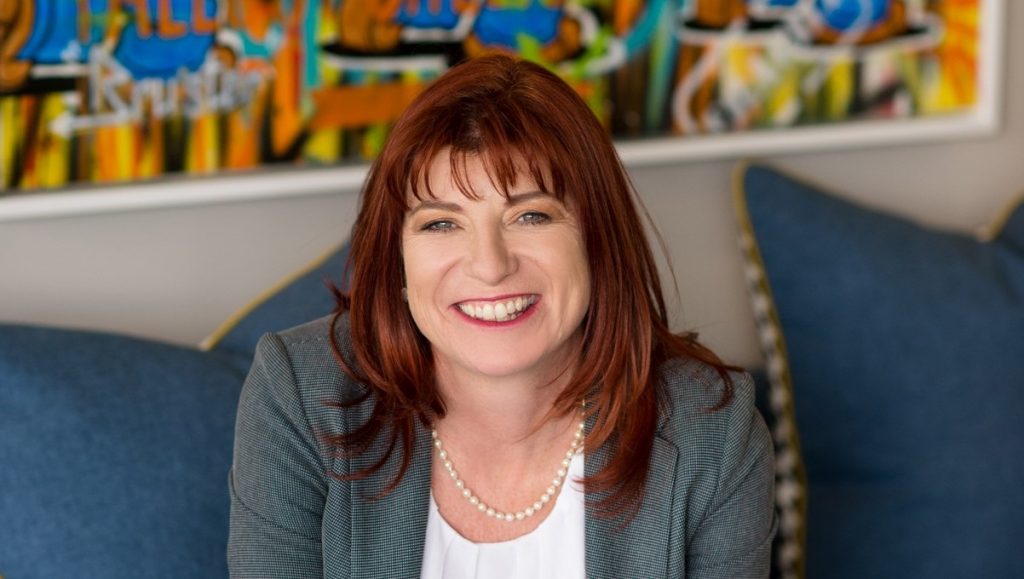South Africa’s esports scene is set for a major showdown as Hyprop and MTN introduce SHIFT COD, a Call of Duty tournament forming part…
Beyond representation: how private equity can address gender inequality

There can be no doubt that the private equity space has a major problem when it comes to gender equality.
As recently as 2017, women held just 10% of all senior positions in private equity and venture capital firms globally, and women-led enterprises collected less than three percent of global venture capital in that year
Things have hardly improved in the intervening years. According to a 2020 study by Investec, women only make up 9.4% of senior positions in private equity, and only about 18% of the industry’s workforce. Small wonder then that zero percent of women surveyed would like to start their own private equity practice if they left their current firm, down from 2.3% in 2019.
This is despite the overwhelming evidence which shows that gender-smart investment strategies can help grow a company’s competitiveness, solidify its supply base, improve its human capital, and help build an overall enabling business environment.
In fact, research from IFC shows that private equity firms at which women comprise at least 30% of the investment decision-making team achieved 10 to 20 percent higher rates of return than those in which women were not well represented.
But if we’re going to move the needle on equality in private equity, then we need to move beyond representation for representation’s sake and towards an approach that focuses the impact female investors can have on private equity as well as the performance of the women-led businesses that private equity firms invest in.
That’s according to Cathy Goddard, a member of SPEAR Capital’s investment committee and founder of FyreFem, a fully women-owned private equity firm.
Located in Harare and Cape Town, with a fundraising office in Oslo, SPEAR provides growth capital to SMEs focused on fast-moving consumer goods (FMCG) and local production in a few carefully selected countries.
Beyond strategy
“Some people think gender-lens investing is a strategy that the fund manager must have,” Goddard says, “which involves checking that an investee company is owned by women, has gender parity in its workforce, uses women-owned companies in its supply chain, or that its products are generally useful to women”.
While she believes that’s true to a degree, it doesn’t paint the full picture when it comes to real empowerment in private equity.
“It’s all well and good having a gender-lens strategy but, if your team is all male, it doesn’t really mean much,” Goddard says. “That’s just gender-washing”.
The numbers bear this out too. According to IFC, female investment partners invested in almost twice as many female-led businesses than male investment partners.
It’s therefore critical that funds have a strategy in place for internal gender inclusiveness at the general partner (GP) and limited partner (LP) levels. With so few women in private equity in general, representation at these levels is likely even lower than in the wider industry.
“Having women at the investment committee level is really important and pertinent,” says Goddard. At the same time, she says, those funds need to ensure that the women on their investment committees are given the space to play an active role, which is unfortunately not always the case.
“However, when I sit in SPEAR Capital’s investment committee, I feel completely heard and completely valued,” she says. “I’m not a token.”
Shaw Mabuto, partner and ESG officer at SPEAR, backs this up.
“We started out with representation on our investment committee and have followed it through to our investment team,” he says. “We now have a 50-50 split.”
Breaking traditional roles
According to Goddard, it’s also important for the private equity industry to ensure that women aren’t confined to traditional roles.
“There’s a bit of a pink lipstick ceiling syndrome,” says Goddard, “where there are more women in investor relations and ESG than there are investment professionals. That means that, even in a fund where there’s gender parity, the investment decisions are less likely to empower women.”
Mabuto confirms this, having previously experienced funds where up to 30% of the workforce was made up of women, but none were on the investment team and were instead restricted to ESG officer, investor relations, and admin roles.
As Goddard points out, embracing an investment approach that focuses on really empowering women shouldn’t be complicated.
“It’s simple. We need to get more than half the population working,” she says. “You can’t expect global growth if women are kept out of high-income roles.”
A better way
According to Goddard, private equity funds do also need to look at their investment philosophies when it comes to empowering women.
Her own company, FyreFem, applies a ‘fix and build’ strategy which combines business rescue and private equity and which aims to “leave women owners in our wake”. This, she says, aims to address a number of issues including the fact that a lot more money goes to women-owned businesses in the incubator and accelerator phase than in the growth phase.
“It really annoys me that when portfolio companies finally get their heads around giving money to women-owned companies, they think it must be the little ones,” she says.
Even then, the disparities are stark. According to research from BCG, the average deal size for female-founded or female co-founded companies is less than half that of only male-founded startups.
Beyond numbers
Ultimately then, private equity’s gender equality issues can’t be addressed with representation and ticking checkboxes alone. It requires the right kind of representation and investment at the right levels.
“Because private equity moves at a slower pace than other forms of investment, it can take more care with the businesses it deals with,” she concludes. “There’s no reason it shouldn’t do that with women-owned businesses, and no reason it shouldn’t become the norm with all investing.”
This article was written by Cathy Goddard, founder of FyreFem, a fully women-owned private equity firm, and Shaw Mabuto, Shaw Mabuto, partner and ESG officer at SPEAR Capital.
Featured image: Cathy Goddard, founder of FyreFem (Supplied)

